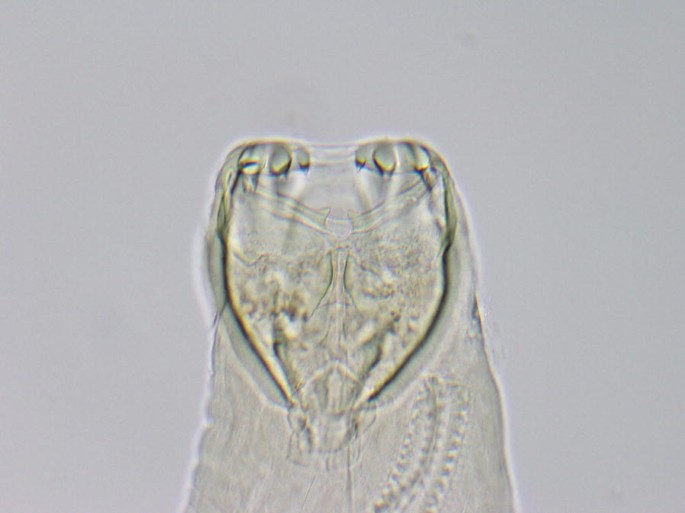
The condition is easily treated but can cause mild to extreme discomfort in the affected person.
#Medications for treating hookworms in humans skin#
Infection usually results in an itching sensation at the point where the larvae enter the skin and visible tracks on the skin. This is most likely to occur when walking barefoot on the beach, working in the garden or other areas where pets may deposit feces. Some hookworms of dogs can infect humans by penetrating the skin. Nursing mothers should be treated along with their puppies.Ĭonsult your veterinarian for safe and effective prevention and treatment options.

Fecal examinations should be conducted 2 to 4 times during the first year of life and 1 to 2 times per year in adults. Most monthly heartworm preventatives include a drug to prevent to treat and prevent infections so additional deworming medications are usually not required if the dog is reliably treated with a heartworm preventive. This frequent treatment schedule is recommended due to the very high rate of hookworm infection in newborn puppies. Puppies should be treated for hookworms at 2, 4, 6, and 8 weeks of age with a deworming medication you can get from your veterinarian. Similar to steps for prevention of other intestinal parasites, it is essential to keep your dog’s surroundings clean and prevent the dog from being in contaminated areas. How do I prevent my dog from getting hookworms? If you think your dog is infected with hookworms, call your veterinarian to schedule an appointment for evaluation, diagnosis, and safe, effective treatment.

In older animals the blood loss may be more chronic, and the pet may have diarrhea and show weight loss. They are a serious threat to dogs, especially young puppies that may not survive the blood loss without transfusions. Hookworms suck blood and therefore cause internal blood loss. These larvae can infect your dog simply through contact and penetration of the skin and through the dog eating the larvae when they ingest dirt or during their routine licking (cleaning). Larvae (young hookworms) that hatch from hookworm eggs live in the soil. Its eggs are ejected into the digestive tract and pass into the environment through your dog’s feces.

The hookworm attaches to the lining of the intestinal wall and feeds on your dog’s blood. Similar to tapeworms and roundworms, hookworms are intestinal parasites that live in the digestive system of your dog (or cat).


 0 kommentar(er)
0 kommentar(er)
